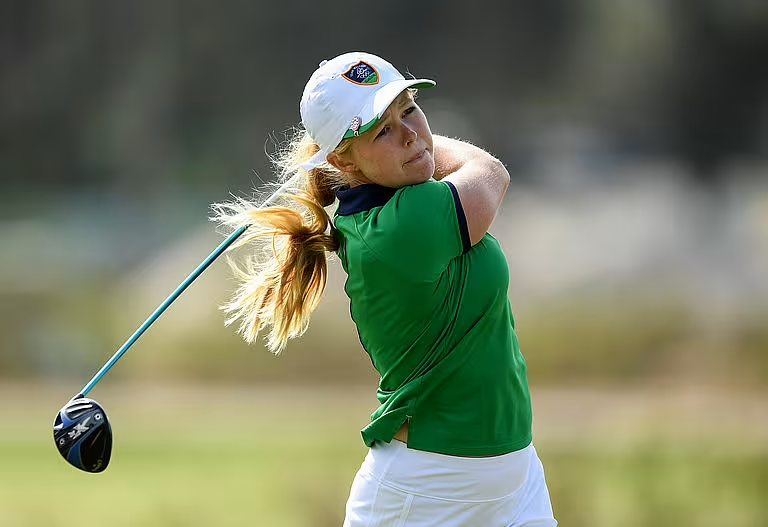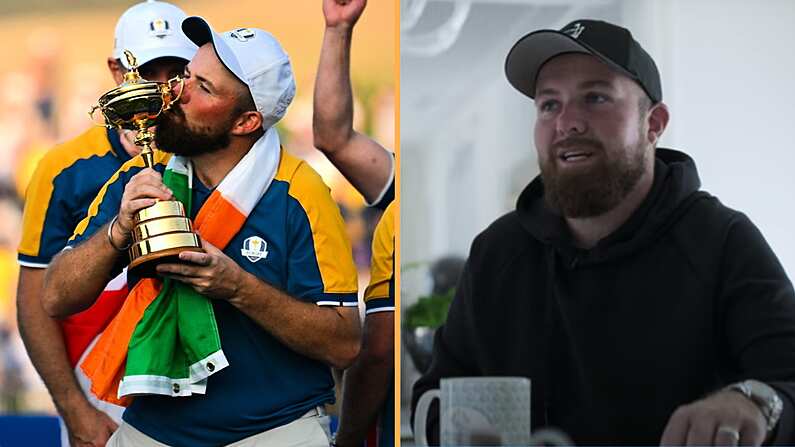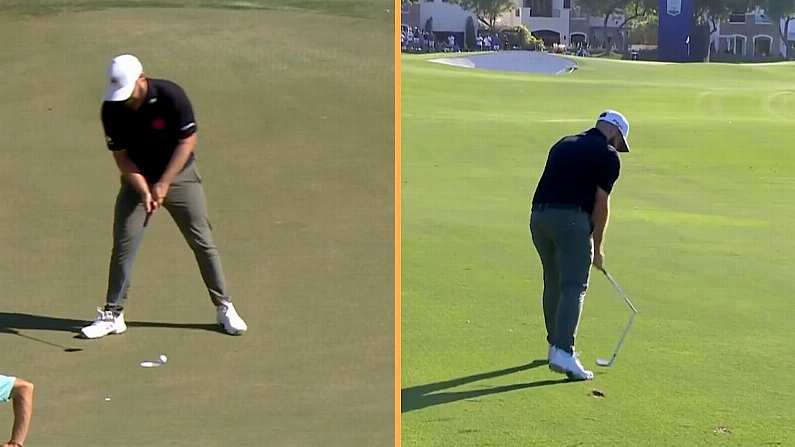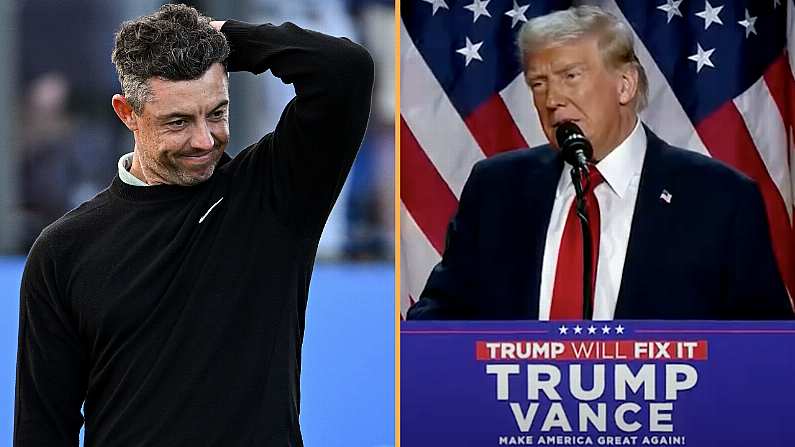There's a good reason Stephanie Meadow has a smile which a hurricane could not blow away: she has just regained for LPGA tour status for the 2019 season.
Last year, the 26-year-old lost her tour card due to a stress fracture in her back. Too late for her to claim a medical exemption, she was forced to drop to the Symetra Tour - the second tier of women's golf in the US - for the 2018 season.
"It's definitely a 'swallow your pride' type thing," Meadow told Balls at the launch of the 20x20 initiative.
She played at the type of tournaments where a man and his dog would be considered a healthy attendance.
"You're used to being on that bigger stage with more of an audience, spectators and support.
"I just had to say at the start of the year, 'This is different but it can be a big learning curve for me.'
"Overall, you just have to grit it out. It's no glamorous show."
The injury occurred due to a change which she had made to her swing. It was putting stress on her back which her body couldn't handle. The new style was unsustainable and a return to her old one was required - a more healthy golfer resulted.
Meadow, who is from Jordanstown just outside Belfast, finished sixth in the Volvik Race for the Card this year. It was enough to win back her LPGA status.
The year goal was to get the card and get back up there; I didn't really care how it did it, I just wanted to do it.
The competition [on the Symerta Tour] is good but it's not quite as good as the LPGA. I was in contention more, I was able to learn from those experiences and hopefully carry that over to the LPGA.
It was definitely different. I think I was the second oldest to graduate from the Symetra Tour to the LPGA.
I got back to Symetra and I was like, 'I don't know anybody. I literally know nobody.' It was like starting from scratch.
I learned to love the game again, no matter what. I was just playing golf on golf courses which weren't the best in certain areas. That's not to say we didn't play great golf courses but there were a few which weren't great - I didn't care, I just wanted to be out there and compete.
I learned that especially after my back injury when I couldn't play golf that this is really what I want to do and not give up.
The unseen life of a gold professional can be tough. There's the travel - lots of it. Meadow worked out that between March of this year and the end of the season earlier this month, she spent eight days in total at her rented accommodation.
"It does get difficult but you have to have the support system to make that easier. People come, family come."

Having sponsors, like Investec for Meadow, make life easier. She can fly rather than drive, stay at nicer hotels - it all adds up to better performances on the course.
Meadow turned professional four years ago. Her debut saw her finish third in the US Open and pocket €270,000. Prior to that, she had been at the University of Alabama.
That time in the States has given her an appreciation for how women's sport is covered there versus this side of the water.
"Golf, in particular, is covered a lot better. We have to Golf Channel in the States and it's on every week. Unfortunately, Irish people don't get to see us play every week which I think hurts us. Ireland, as a community, we love golf - we're die-hard.
"With Europe in general, Americans always say that the fans over here, they're more into it, there's a bigger turnout.
"You can't tell me that somebody hitting a seven-iron from 150 to two feet or making great putts to win tournaments isn't super exciting no matter if you're female or male. If you enjoy men's golf, you'd enjoy women's golf as well."
Stephanie Meadow is pictured at the launch of 20x20, a new campaign presented by the Federation of Irish Sport and originated and developed by the creative agency Along Came A Spider and supported by Healthy Ireland is setting out to create a measurable cultural shift in our perception of women’s sport so that it will be seen as something strong, valuable and worth celebrating.
The campaign, championed by Ireland’s National Governing Bodies and Local Sports Partnerships, is calling on the people of Ireland and all those involved in Irish sport and physical activity to get behind female sport in a concerted effort to increase media coverage, boost attendances and ultimately, grow involvement in female sport and physical activity by 20% by the end of 2020.













